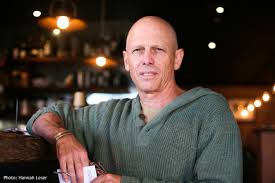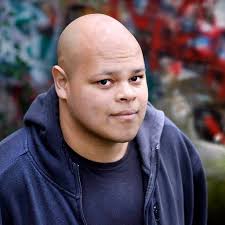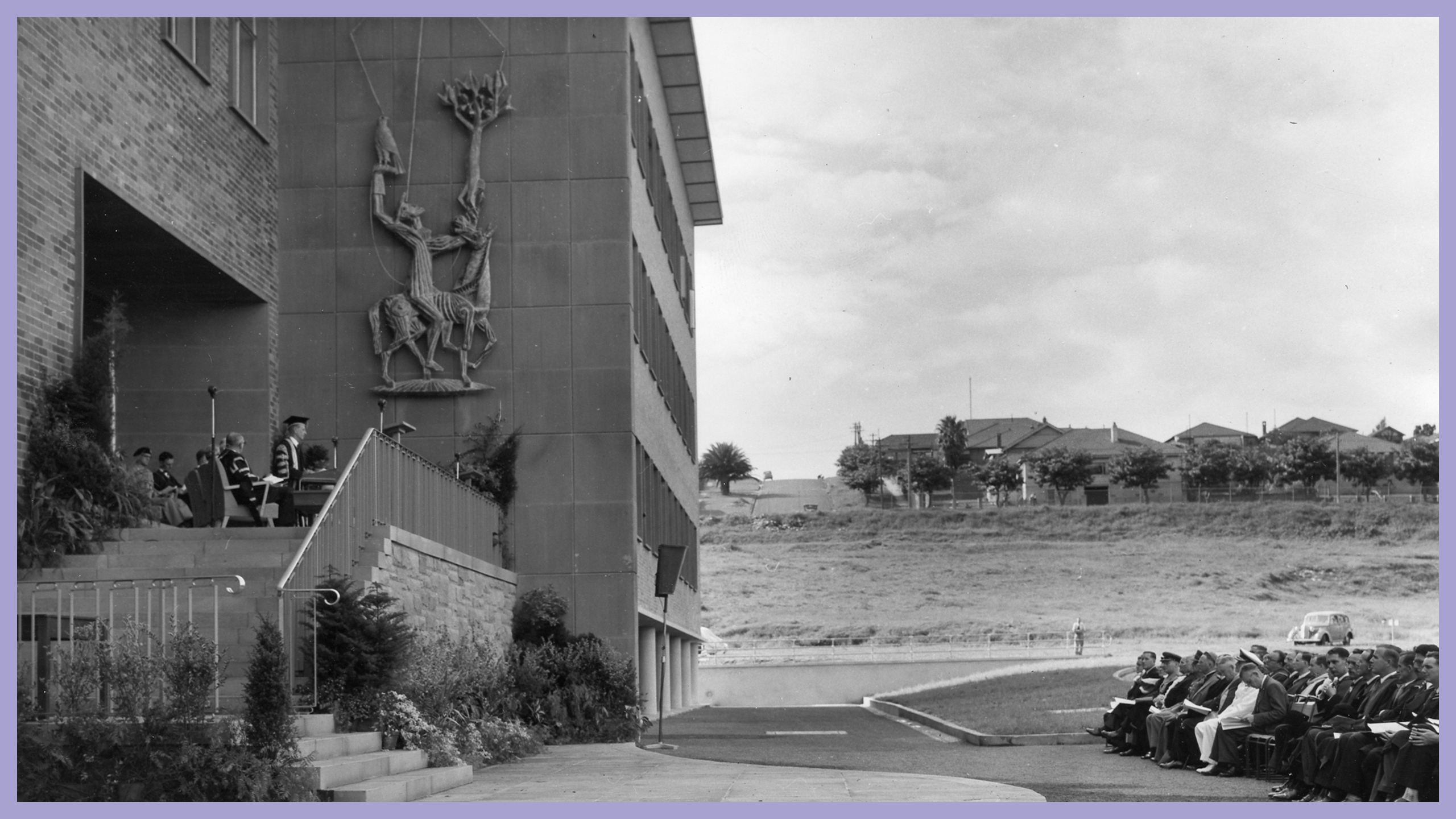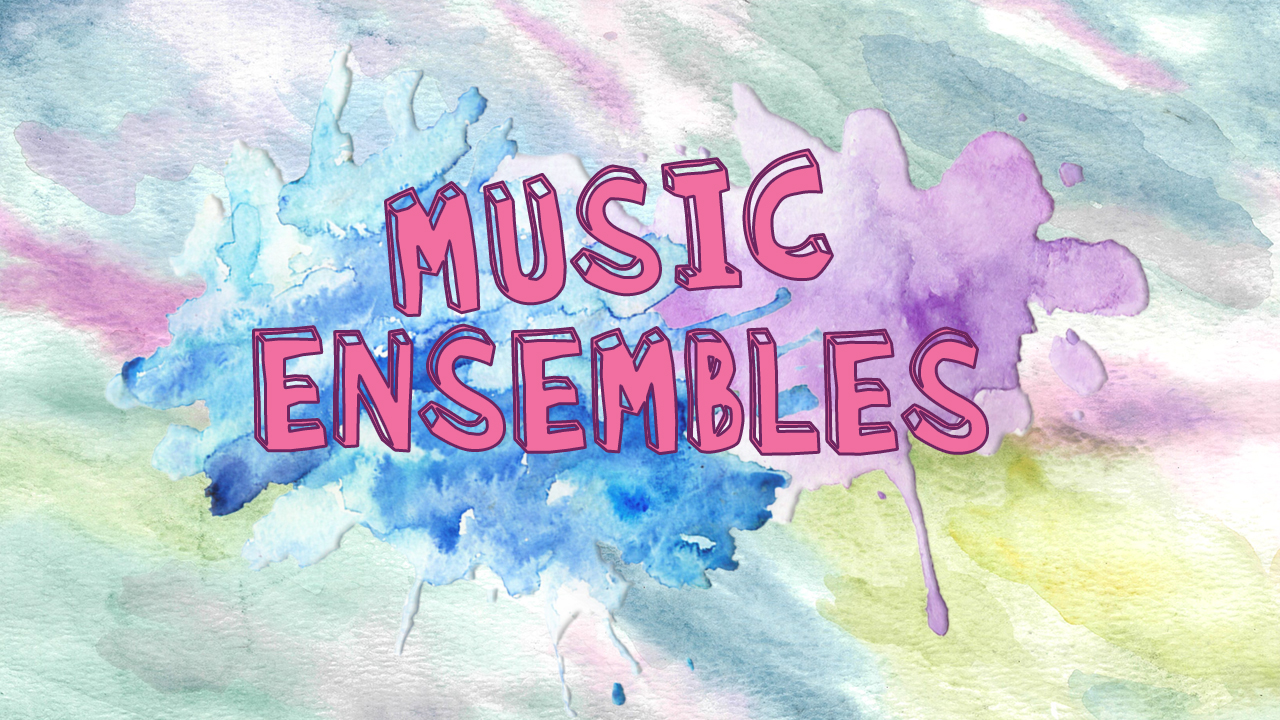#MeToo: Before & Beyond
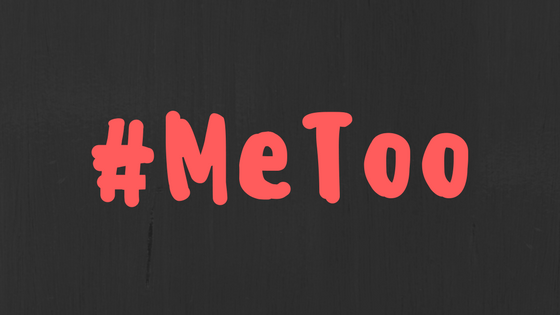
I know that you love exploring the grey areas of life. I’m also
fascinated with the grey areas. But right now it’s time for men
to shut up and listen to us. And not just listen to us—defend us,
stand behind us and stand beside us.’
Hannah Leser in Women, Men & The Whole Damn Thing by David Leser
In 2006, Tarana Burke, a civil rights activist from New York, founded the Me Too movement and began using the phrase "Me Too" to raise awareness of the pervasiveness of sexual abuse and assault in society. The phrase "Me Too" developed into a broader movement following the 2017 use of #MeToo as a hashtag following the Harvey Weinstein sexual abuse allegations.
The world watched in horror as the accusations began to publicly topple not only once powerful and untouchable Hollywood Moguls, but also Presidents, Bollywood actors, music producers, colleagues, bosses, spouses and ex-partners. The #MeToo domino effect has led to a global outcry for change in countries around the world. Statistics on rape, abuse and violence are no longer buried and ignored but are being plastered everywhere in newspapers, monographs and billboards so those in the dark can finally see the severity of oppression that many women and marginalised people have suffered. The result is a resounding number of voices supporting each other and echoing the same clear message that "enough is enough". Excluding, extorting, objectifying, and silencing others into submission will soon be a thing of the past which we will all look back on as barbaric and shameful...or will it?
Who were we before #MeToo and where are we headed? The movement has been incredibly effective and positive but are there any negative ramifications? What did consent mean then, and what does consent mean now? Who were the perps and players in the boardrooms, the change rooms, the senates? As women continue to claim power and agency, will the men that hold power relinquish it without a fight? What might happen when we collectively stop blaming the victim and start educating our boys?
On the 29th of August, UNSW Bookshop will host a panel of authors whose work contributes to the #MeToo movement by addressing these questions and unpacking what drives men to abuse, to violence and aggression. Join us for this free event with Jess Hill, investigative journalist and author of See What You Made Me Do; David Leser, Sydney based journalist and author of Women, Men & The Whole Damn Thing; Jamil Jivani, Canadian lawyer, educator and author of Why Some Men; in conversation facilitated by UNSW's Anna Hush, Director of End of Rape on Campus. Audience members will have an opportunity to ask questions and join the discussion at the end and have their books signed by the authors.
*WARNING - *Content discussed during the event may be triggering for some people. If you have experienced or are currently experiencing abuse of a sexual, emotional and/or physical nature or know someone who is, there are links at the bottom of this page that will direct you to professional and discrete services that can help.
https://www.humanrights.gov.au/our-work/sex-discrimination/list-sexual-assault-services
Or call 1800RESPECT (1800 737 732)
About the authors:
Jess Hill is an investigative journalist who has been writing about domestic violence since 2014. She released See What You Made Me Do through Black Inc. Books in June, 2019 which you can preorder here; https://www.bookshop.unsw.edu.au/details.cgi?ITEMNO=9781760641405
David Leser has been a Middle East and Washington D. C. correspondent as well as feature writer in Australia for the Murdoch, Packer and Fairfax presses. His most recent publication is Women, Men & The Whole Damn Thing with Allen & Unwin, which you can preorder here; https://www.bookshop.unsw.edu.au/details.cgi?ITEMNO=9781925266108
Jamil Jivani is a visiting professor at Toronto’s Osgoode Hall Law School, where he focuses on issues affecting youth, immigrants and low-income families. Jamil released Why Young Men with Pantera Press in May, 2019 which you can preorder here; https://www.bookshop.unsw.edu.au/details.cgi?ITEMNO=9781925700497&13352183
Anna Hush is is a community organiser, writer and researcher, currently completing a PhD in the UNSW Faculty of Law. Her research explores how student activists have responded to sexual violence at Australian universities. She is also a co-Director of the community advocacy group End Rape on Campus Australia.
Getting to the bookshop
We are located at E15 on the UNSW Kensington Map
All day casual parking is generally available on the top floors of the multistory carparks located via Gate 14 Barker Street and Gate 11 Botany Street Kensington. 2P and 4P short-term meter parking is also available via Gate 2, Gate 5 and Gate 8 High St and via Gate 14 Barker St Kensington. Parking is free between 7:30PM and 7.30AM Monday to Friday, weekends and Public Holidays. Vehicles must park in a marked bay during these hours.
Public Transport
Buses run frequently to and from UNSW. For the Inner West the 370 or 348 will get you to and from UNSW. Stand C on Eddy Avenue outside Central Train Station frequently run buses to UNSW as do buses on Oxford Street, Sydney. If you are coming via taxi or Uber, the best drop off option is at Gate 2, High Street Kensington.
More information about transport and parking options at UNSW
